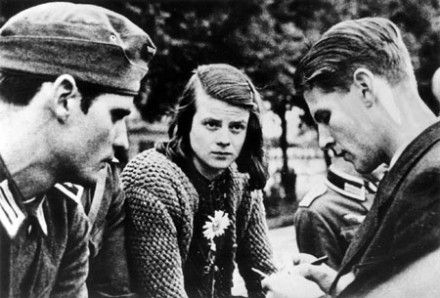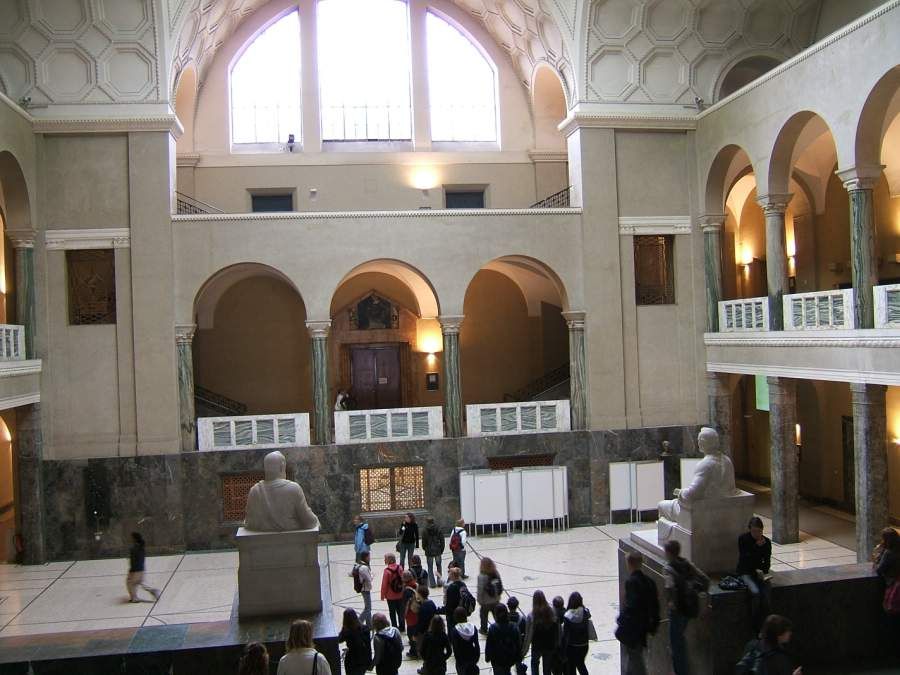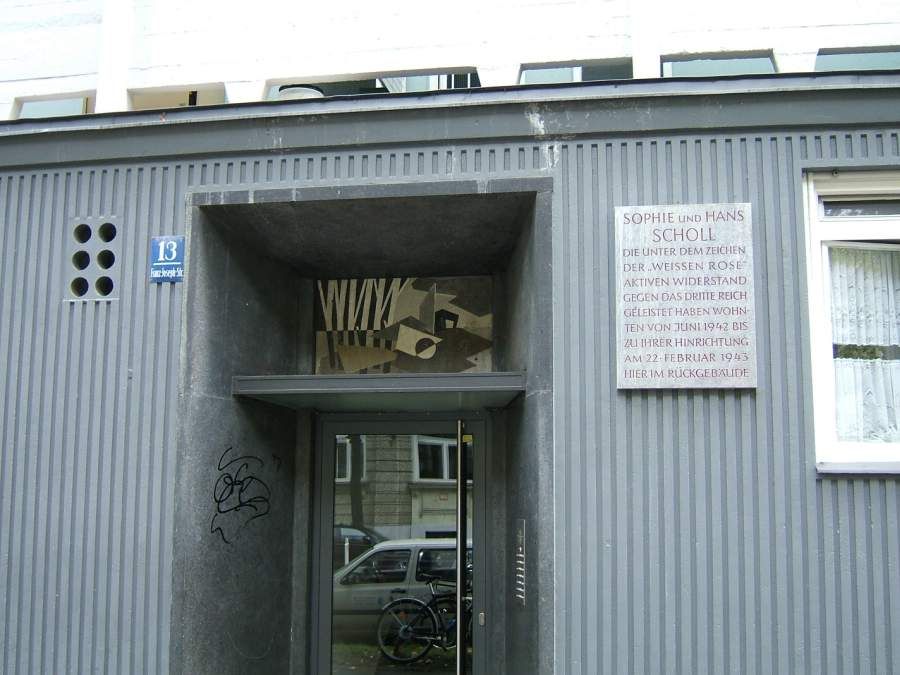Seventy-one years ago Sophie Scholl and her brother Hans were arrested at the University of Munich for dropping leaflets protesting the evils of the Third Reich.
Sophie, Hans, their friend Christoph Probst, and several others were members of the White Rose, a group Hans and three fellow medical students founded to declare opposition to the Hitler regime and to rally the resistance movement.

Sophie, Hans, and Christoph knew they faced certain death if they were discovered. The story of these incredible young people (Sophie was only 21 at the time of her death) is not widely known in the United States, but in Germany their contribution to freedom is recognized and respected.
Sophie and Hans Scholl were born into a liberal, religious Lutheran family. After Hitler took power and proclaimed the “Thousand-year Reich,” Sophie’s family began to attract unfavorable attention from the authorities for their anti-Nazi views. At one time Sophie’s father was arrested and imprisoned for speaking of his anti-Hitler views at his place of work.
As they grew up both Hans and Sophie became disillusioned about the Nazi regime and horrified by its crimes. At the University of Munich, Sophie, Hans, and other members of the White Rose began to print leaflets and distribute them all over Germany by mailing them from different towns. Although Sophie did not write the leaflets, she helped distribute them.
On 18 February 1943 Hans and Sophie took a suitcase to the University of Munich and dropped leaflets there but were caught and arrested.
The film “Sophie Scholl: The Final Days” shows what happened to Sophie, Hans, and their friend Christoph Probst in the four days between their arrest on 18 February, and their subsequent imprisonment, trial, and execution on 22 February 1943. Although the film is in German, the English subtitles and superb acting make it easy to follow the action. And although powerful and compelling, it is not a tear-jerker.
It amazes me that I never knew of the White Rose until I saw an article in TIME magazine. Fascinated, I began to read everything I could find on the group. Several years ago when my husband and I visited Munich, the first place we went was the University of Munich. Here is a photo of the atrium (it appears in the film).

Later we sought and found the house where the Scholls lived at the time of their arrest. We couldn’t go in but my husband took a photograph of the outside of it.

The story of the White Rose cannot help but raise questions in one’s mind: Would I, could I, have been as brave as they were? Would I, could I, have done what they did, knowing they would be executed if they were caught? I don’t know. Perhaps we can never know until we find ourselves in a situation where we take a stand and say: “Some things are worth dying for.”
Each February I think of the White Rose and of those courageous young people who were willing to die for their beliefs. That’s why I can’t forget, won’t forget, what they did for the cause of freedom.
14 comments